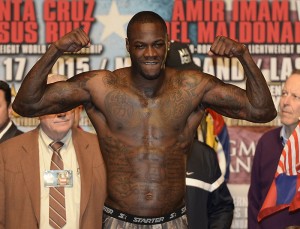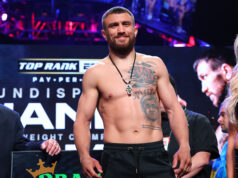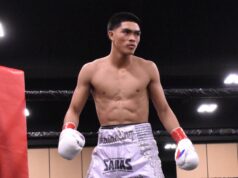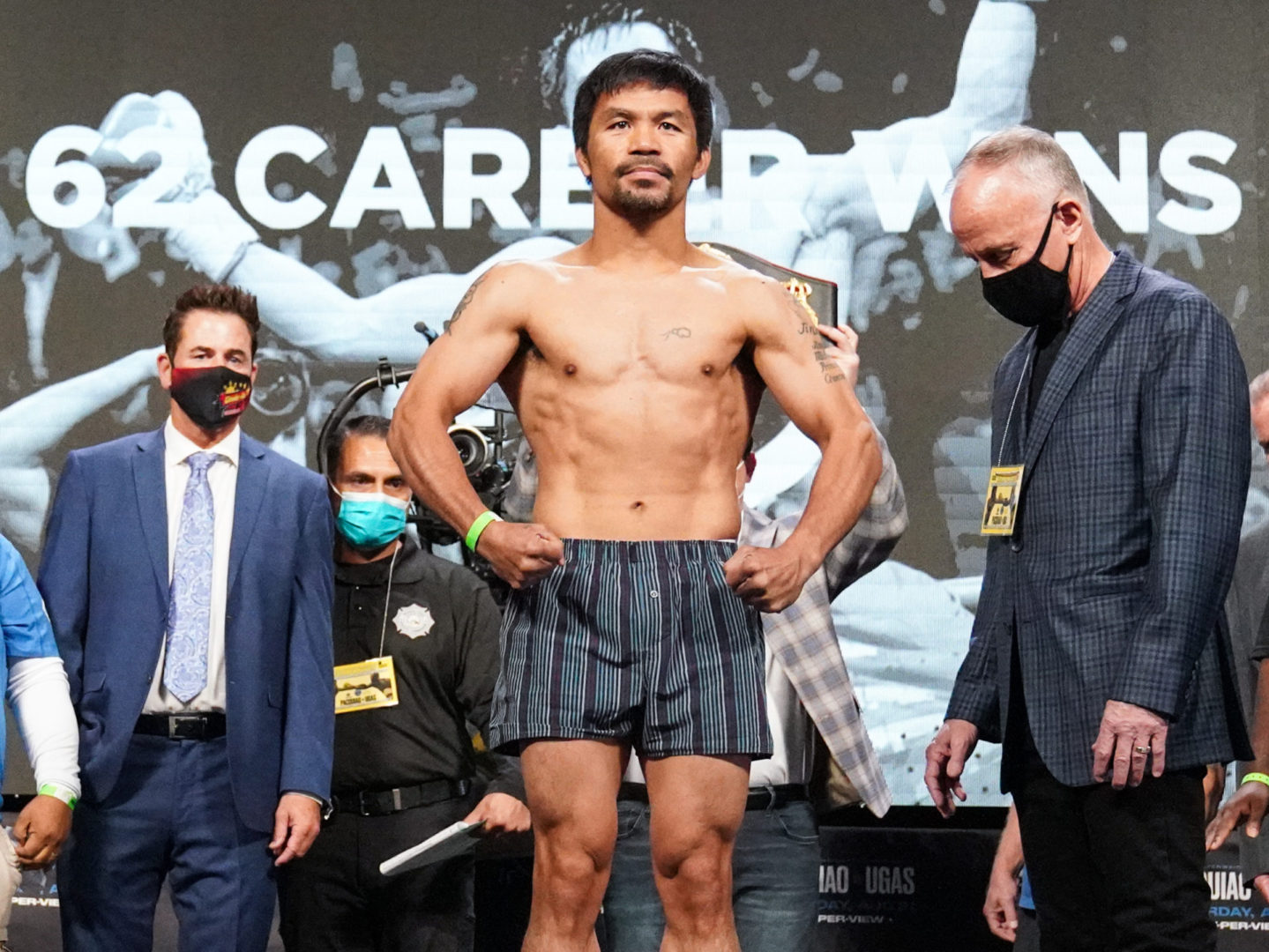By Norm Frauenheim-

Wladimir Klitschko retired only two months ago. I’m already starting to miss him.
The more the heavyweights change, the more they stay the same. Sorry for the cliché, but the state of the heavyweight division has become one. It just can’t seem to break out of the mind-numbing cycle that has made it oh-so forgettable.
Klitschko’s retirement in early August was applauded in part because it appeared to open the door for different faces, new opportunity and – above all – renewed drama.
The sense was that the old flagship division would be resurrected. But is anybody really excited about the Deontay Wilder-Bermane Stiverne rematch? Sorry, dumb question. How about Anthony Joshua-Kubrat Pulev? Again, sorry.
Joshua and Wilder are the leading faces in what could be a heavyweight revival. Let’s start with Joshua, who faces Pulev on Oct. 28 in the UK. He has power in his punches and personality. He’s also got some smarts and resilience, both of which he demonstrated in stopping Klitschko in what was the Ukrainian’s final fight in front of a rock-and-roll-like crowd of 90,000 at London’s Wembley Stadium.
The fight last April was terrific. The huge crowd was even better and it probably generated more headlines than the bout itself. It suggests that the heavyweights and perhaps the business were back. Think again. Joshua-versus-Tyson Fury would have been a lot fun. Fury upset Klitschko before Joshua finished him. But the controversial Fury has been under suspension and unwilling to file for a new license with UK regulators. This week, Fury said he would retire. Who knows what he’ll really do?
The only apparent certainty is that Joshua is fighting Pulev, who in 2015 was just another one of those bowling pins that Klitschko knocked out so regularly.
Then, there was the unfortunate shuffle involving the hard-luck Wilder. It is a further sign that the heavyweights have yet to break out of the cycle that has made them irrelevant. At least, Klitschko was worth watching for his astonishing consistency, including a nine-year, seven-month reign as the heavyweight champ.
Without him, we’re left with the familiar disruptions. Wilder’s bout with Luis Ortiz was canceled because Ortiz tested positive for medication he did not disclose.
Ortiz’s management said the medication was for excessively high blood pressure. That begs the question as to why Ortiz has been allowed to fight in the first place. But the medication was also reported to be a masking agent for PEDs, including steroids.
For Wilder, the situation is all-too familiar. His 2016 bout against Russian Alexander Povetkin was canceled when Povetkin tested positive for a PED. Instead, Wilder went on to fight sub Chris Arreola in a fight that left him on the shelf with a torn biceps and an injured hand.
Now, the sub is Stiverne, who agreed this week to the Nov. 4 rematch at Brooklyn’s Barclays Center in a Showtime-televised bout. In Stiverne, Wilder faces a heavyweight whom he beat by unanimous decision in January 2015 for the WBC title. Been there, done that.
Like Joshua, Wilder has a media-friendly personality. He also possesses dramatic power, the best right hand at any weight since perhaps Thomas Hearns. What he lacks is experience. Despite his Olympic bronze medal, he’s late to the game, unlike Joshua, a 2012 gold medalist. Wilder will be 32 years old on Oct. 22. What he desperately needs is experience against skilled fighters, heavyweights like Povetkin, also an Olympic gold medalist, and the clever Ortiz.
But Wilder’s development has stalled by all the junk that seems to plague the heavyweights more than any division in a sport already synonymous with trouble. Wilder’s right hand can knock out anybody. But he has to know how to land it against a heavyweight at a skill level more proficient than Stiverne or Arreola.
“Stiverne will pay for Luis Ortiz screwing up,” Wilder said Thursday.
Maybe, but Wilder might pay a bigger price for not getting the opponent who could prepare him for Joshua and a fight that needs to be great for the sake of a division. And the game.











